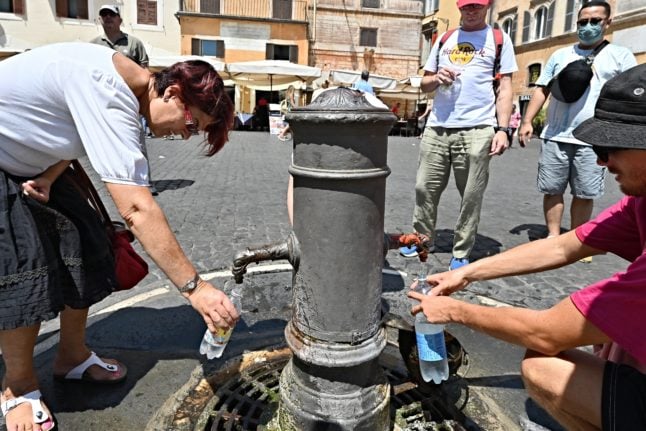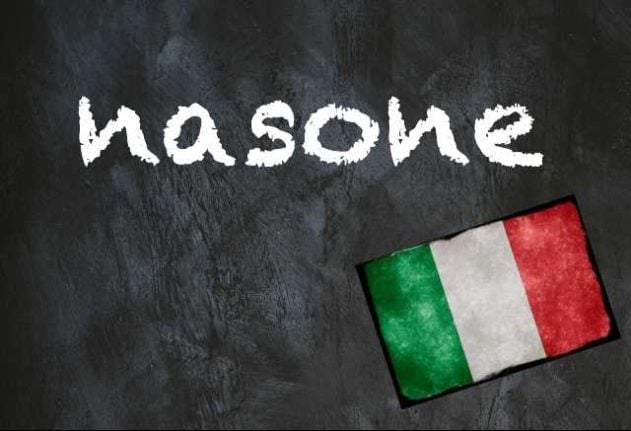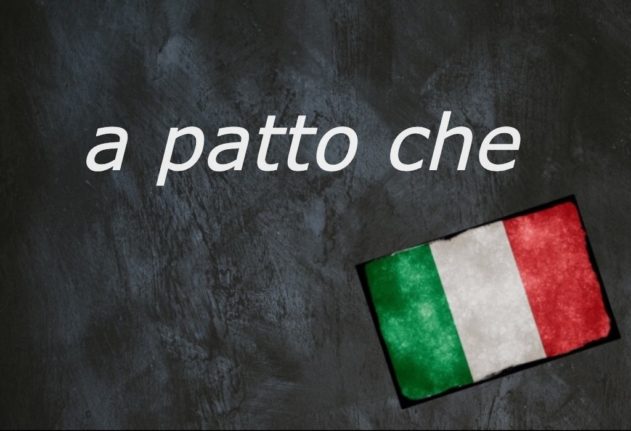Give in to the temptation to dip a toe in one of Rome’s historic fountains in the sweltering August heat, and you can expect to be hit with an eye-watering fine.
But there’s one form of relief that the city offers up to all without asking for a cent in return: its cold drinking water fontanelle (fountains) – informally and affectionately known as nasoni (nah-ZOH-nee).
The word’s origins are simple: a naso is a nose, and the suffix -one (pronounced ‘OH-neh’), makes a noun or adjective into a bigger version of itself.
A mangione, for example, is a glutton, a mammone is an adult mama’s boy, and buffone – a buffoon or fool – comes from buffo, the medieval Latin word for ‘clown’ and the modern Italian word for ‘funny/silly/odd’.
A nasone (nah-ZOH-neh), then, is a big nose. Had it ever occurred to you that the spouts on Rome’s fontanelle look a bit like oddly shaped noses? It will now.


Un minuto che riempio la mia bottiglia dal nasone.
One minute while I fill my bottle from the fountain.
Nasone is a regular noun, which means the plural is nasoni. Aside from fountains, the word can also be applied to people with big noses – nasone for a man endowed with a large snout, nasona for a woman.
The water from nasoni is supplied by the utilities company Acea and is the same as that which is pumped into Roman’s homes, meaning it’s regularly tested and perfectly safe to drink.
There are more than 2,500 across the city, and the Nasoni a Roma app – despite being a little janky at times according to user reviews – is one of the most comprehensive when it comes to mapping out their locations.
The fountains were introduced to Rome shortly after Italian unification in the 1870s by mayor Luigi Pianciani, who decided to provide free drinking water to all the city’s residents.
The nasoni were shut off for several months when Rome experienced a severe drought in the summer of 2017, but the move was met with heavy criticism by the Italian Water Movements Forum (truly) who said it didn’t do much to help and unfairly penalised the homeless who were reliant on the fountains.
Since then, despite a dry spell in 2019 and Italy experiencing its worst drought in 70 years in 2022, the noses have – so far – stayed running.



 Please whitelist us to continue reading.
Please whitelist us to continue reading.
Member comments